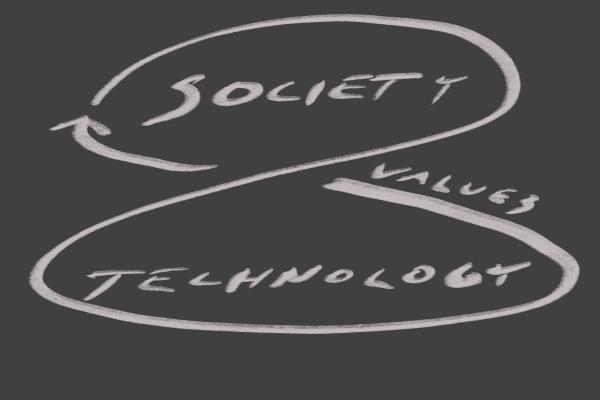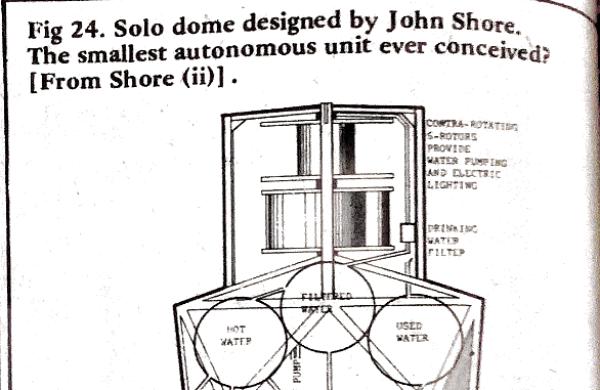Technology fixes are the Dark Side
A great Twitter thread on the REAL innovation: APPROPRIATE technology.

This is a synthesis, reformatted here with permission, of some tweets by Janne M. Korhonen on “lessons the 1970s Alternative/Appropriate Technology movement could have for us today”.
Lesson #1: If you really want to change the world instead of tinkering on the edges, don’t focus on technology but politics.
Focusing on technology is hugely attractive because it represents an easy path of potential quick wins. But these are inconsequential unless they are linked to a broader political change… Technology fix is the Dark Side: easy, seductive, but ultimately futile.

Lesson #2: We already have the technologies we’d need to live sustainably in decent comfort. More technology might be a bonus but would be unlikely to alter the situation considerably. The problem is one of distribution of resources, not technology used to alter the resources.
(from the slides linked below) The problem is that “creating alternatives in the sphere of consumption is easy. Creating alternatives in the sphere of production is hard”
Lesson #3: The AT (“Approproate Technology”) movement of the 1970s was largely on the right track but ahead of their time. They also sometimes suffered from oversupply of idealism and undersupply of pragmatism, but that could be fixed.
Practically EVERYTHING we talk about today was discussed back then.
Things in fashion today, like circular economy, were discussed in detail and even implemented to some extent by the 70s Appropriate Technology practicioners.
There is literally nothing new today, except more emphasis on climate change and less on the running out of resources.
Lesson #4: there is a massive treasury of extremely interesting material and knowledge hidden in old reports and magazines. There really ought to be a concerted effort to scan the old documents and interview the people who were involved, as long as they are still with us.
Of particular relevance today are the lessons learned by actual AT practicioners. These should be collected as soon as possible, and studied: how their experiences could help positive change now?
And a great comment too:
Another Twitter user replied: “Technology or politics? It is not an either/or proposition. Focusing on politics alone gave us solar panels and biofuels. Focusing only on tech allowed nuclear power to be almost killed. Tech and politics together gave us the moon”. Janne answered: “But have they changed our destructive, extractive relationship with the planet? This is the change we need now”.
Go for the full version!
The presentation synthesized in those tweets is fully available online, both in essay form and as a slide deck. Go get it and don’t forget that in that thread Janne also said, and I obviously agree, “I welcome others to join in!”
Who writes this, why, and how to help
I am Marco Fioretti, tech writer and aspiring polymath doing human-digital research and popularization.
I do it because YOUR civil rights and the quality of YOUR life depend every year more on how software is used AROUND you.
To this end, I have already shared more than a million words on this blog, without any paywall or user tracking, and am sharing the next million through a newsletter, also without any paywall.
The more direct support I get, the more I can continue to inform for free parents, teachers, decision makers, and everybody else who should know more stuff like this. You can support me with paid subscriptions to my newsletter, donations via PayPal (mfioretti@nexaima.net) or LiberaPay, or in any of the other ways listed here.THANKS for your support!